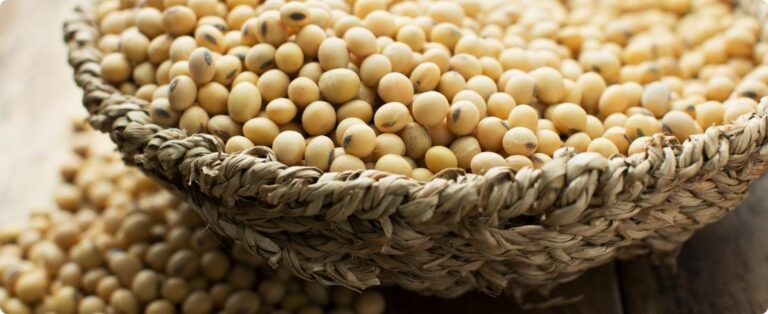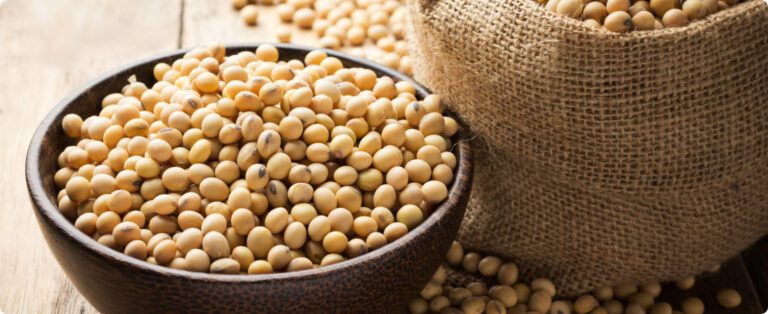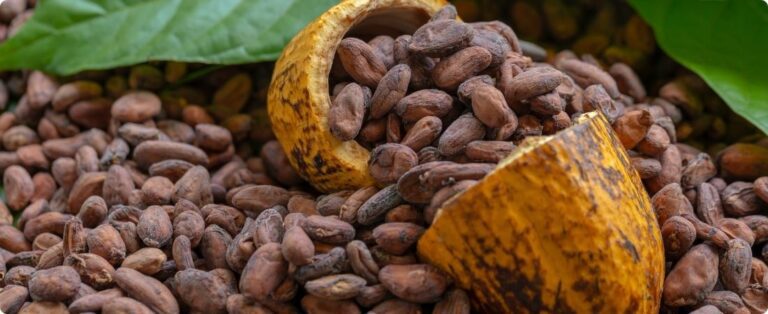Unlike 20 years ago, Brazilian livestock farming today demands maximum efficiency from its herds. Therefore, having an earlier pregnancy and reducing the interval between births are essential goals for anyone who wants to be competitive in the current market. The task is not simple, but to help livestock farmers in this achievement, Fazendas Sant'Anna launched the Early Harvest Auction in January 2017.
The special shot will be held on January 31st by MF Rural (www.mfrural.com.br) and Nova Leilões, with the proposal to make young bulls and dams available, proven to be fertile, in a period in which the supply of breeding stock is restricted. There will be 15 Nelore PO bulls aged between 26 and 28 months and 18 Nelore PO heifers pregnant by AI at 16 months and calving scheduled for the beginning of February. All animals have definitive genealogical registration (RGD) and are tested by the Zebu Breeds Genetic Improvement Program (PMGZ).
According to Bento Abreu Sodré de Carvalho Mineiro, director of Fazendas Sant'Anna, the Early Harvest Auction was created to make available to the market rare jewels that until then had been retained for the genetic improvement of the property's breeding stock, which, among other objectives, there are more than 40 years, prioritizes sexual precocity, fertility and maternal ability, three of the characteristics with the greatest economic impact on national livestock farming.
Sexual precocity
Selection for such an attribute profoundly impacts the productivity of a farm. A heifer capable of cycling at 16 months of age, for example, has her first calf at around 24 months, well below the national average of 36 months, allowing the economic return on investment to be anticipated by one year. Another benefit generated by a matrix of this quality is that it allows production to be adjusted for the birth of one calf per year, a requirement of modern livestock farming.
If they got pregnant at 18 or 20 months, the gain would be smaller compared to a pregnancy at 16 months, but it would still be very satisfactory given the current reality. Using bulls and cows selected for sexual precocity not only means females getting pregnant earlier, but also that all replacement cows will be sexually active at the beginning of the breeding season. “The heifers selected for the Early Harvest Auction were selected with this philosophy and are capable of generating good profits for results-oriented ranchers”, says Bento Mineiro.
Fertility and maternal ability
As with sexual precocity, fertility and maternal ability are essential qualities when it comes to improving the productive efficiency and working capital of the farm. The first is because the calf has to be born healthy and the second because it needs to be weaned heavily, factors that can be improved through the use of bulls with positive DEPS (expected differences in progeny). “And it is exactly these differences that we are taking to the auction”, adds Bento Mineiro.
In addition to this, Fazendas Sant'Anna plans a new auction of females, still in the first half of the year, in the month of June. These two achievements are part of a greater strategy by promoters, to maximize the sale of young matrices and breeding stock, seeking to make the most current Sant'Anna genetics available to the market. With this new strategy, the traditional annual bull auction, which is in its 28th edition and takes place in the second half of the year, is reserved for the sale of older bulls, with an average age of three years.
Information: www.fazendasantanna.com.br / (18) 3265-1329
Source: Agrolink















